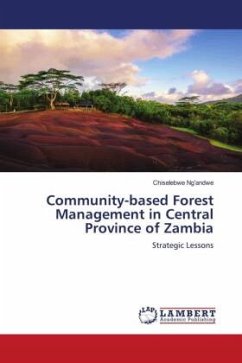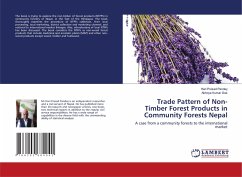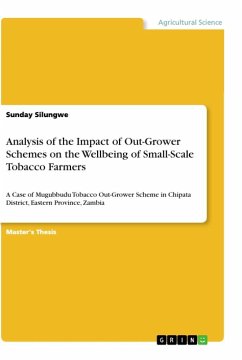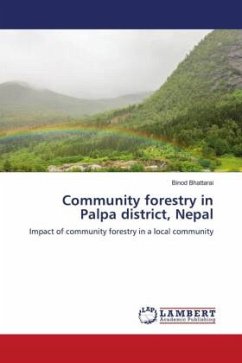The community-based forest management (CBFM) in Central Province of Zambia has demonstrated strategic lessons for rolling out CBFM schemes in other parts of Zambia and beyond. The primary lesson is that the transfer of forest administrative responsibilities from government to a community improves effectiveness of forest conservation not only in the targeted community forests, but also in forests managed by government. The policy implication is to diversify forestry administration to various stakeholders. The second lesson is that the legal and institutional frameworks should be conducive to CBFM. For countries without suitable legal frameworks, it may be advisable to address the legal frameworks before embarking on a CBFM programme. There are also other lessons pertaining to the implementation phase. Although rural communities are the principal beneficiaries of CBFM schemes, it may not be realistic to expect these communities to initiate the process of CBFM because of poor community organizational capabilities.
Bitte wählen Sie Ihr Anliegen aus.
Rechnungen
Retourenschein anfordern
Bestellstatus
Storno








